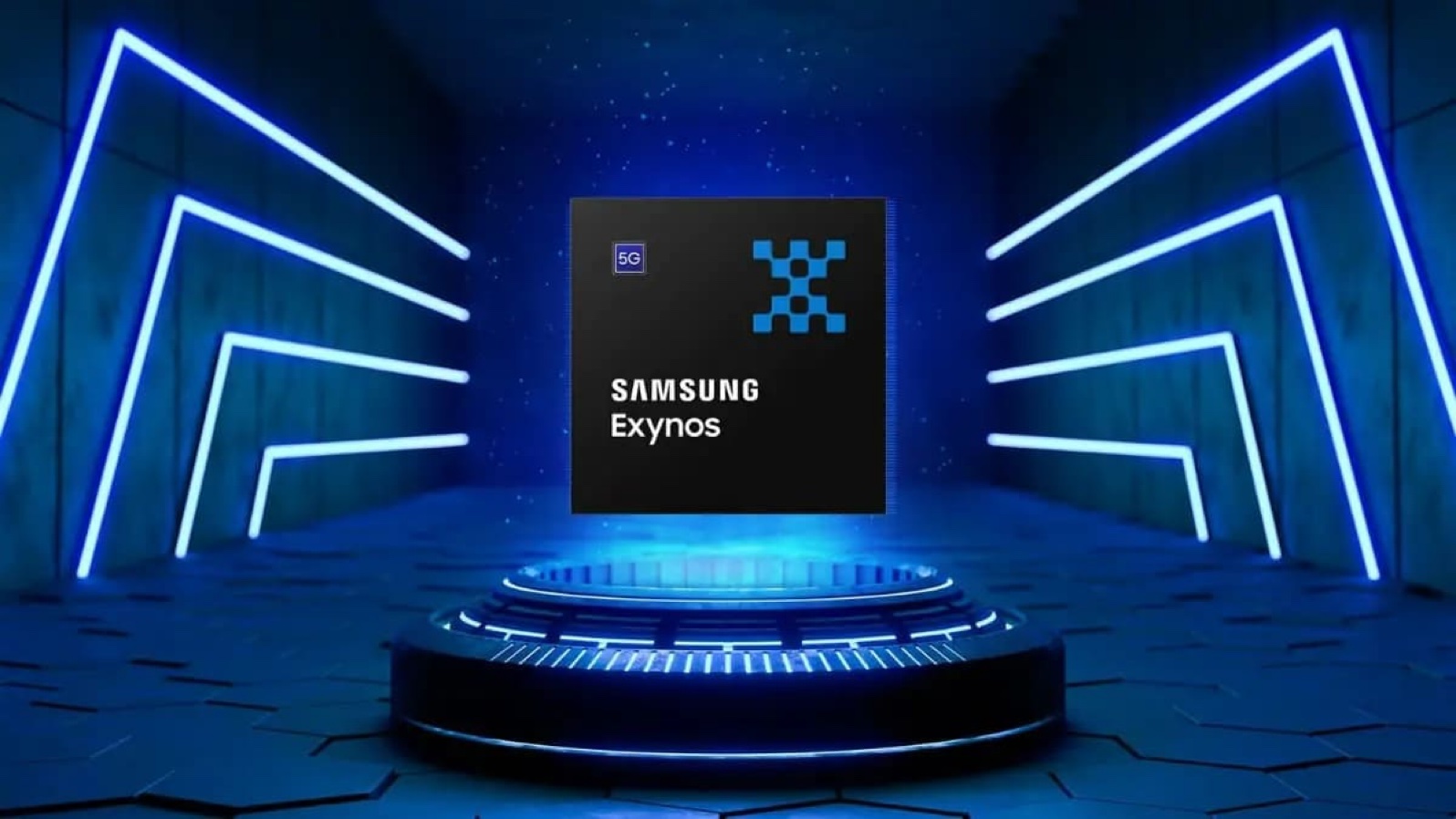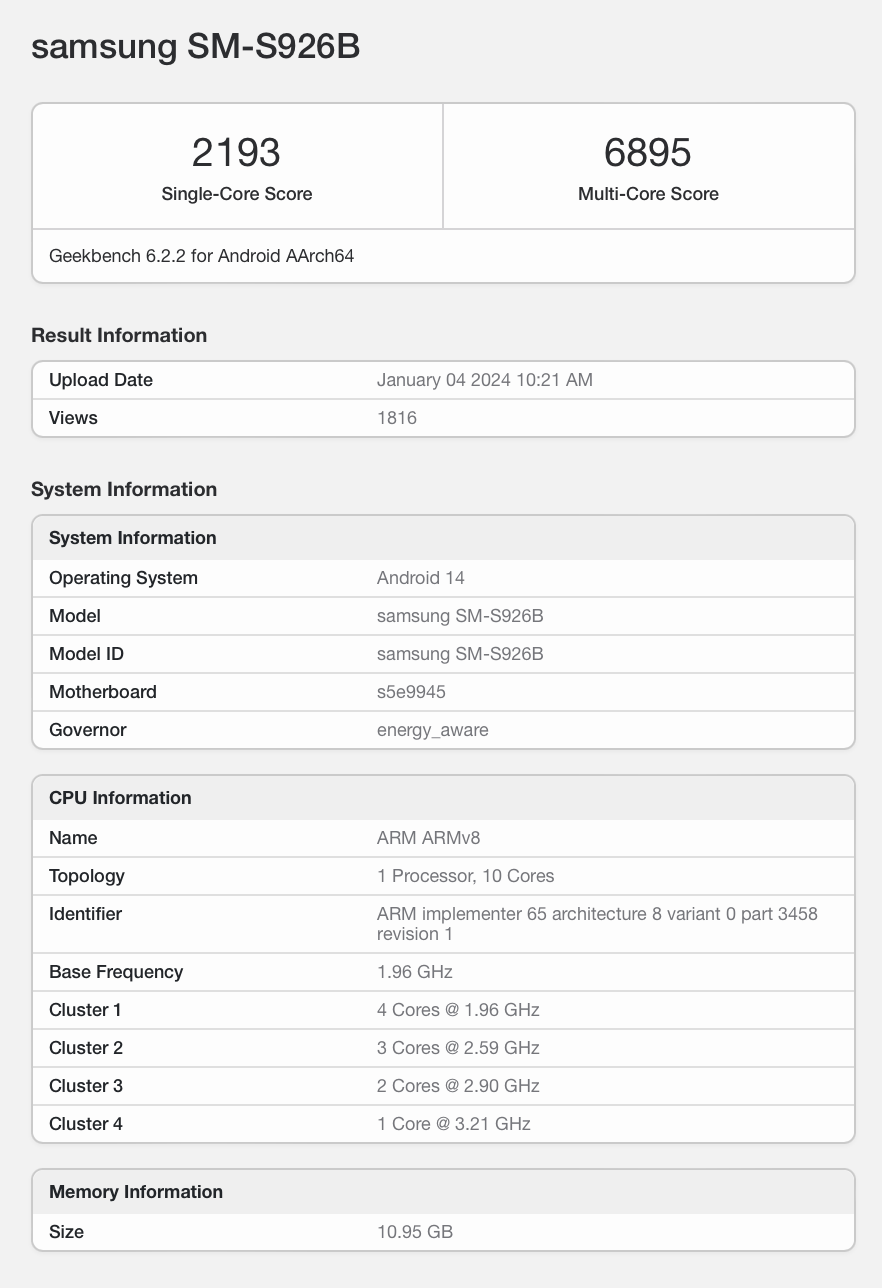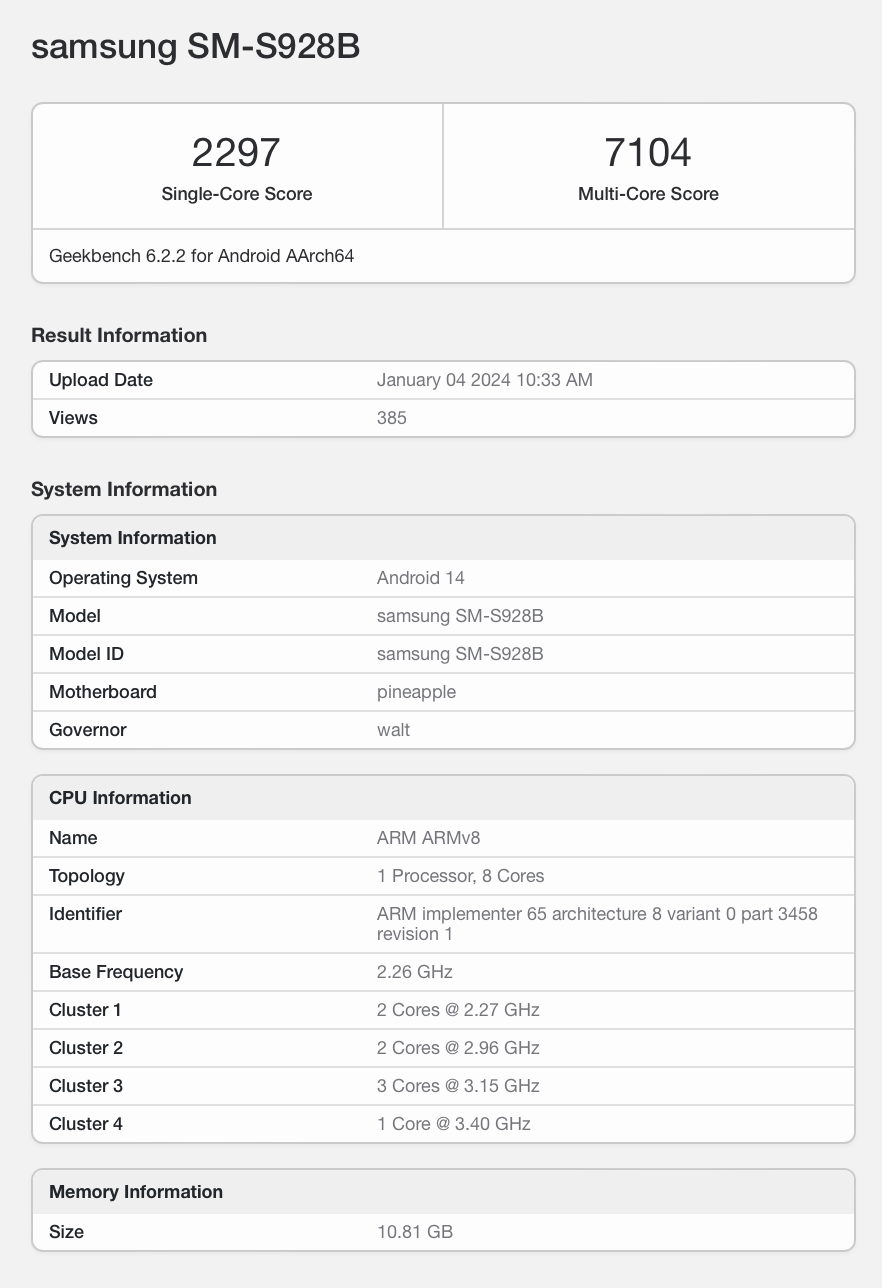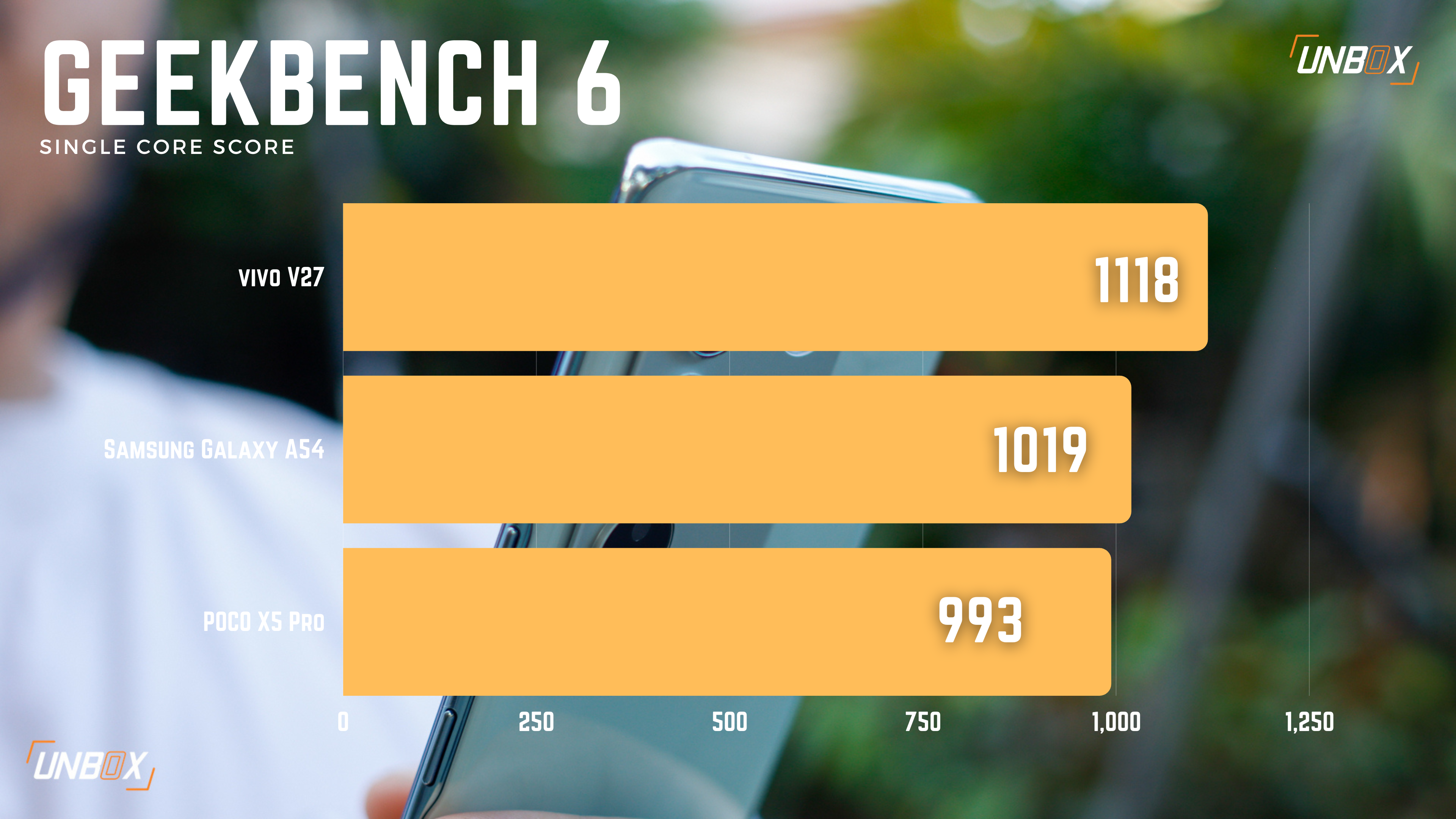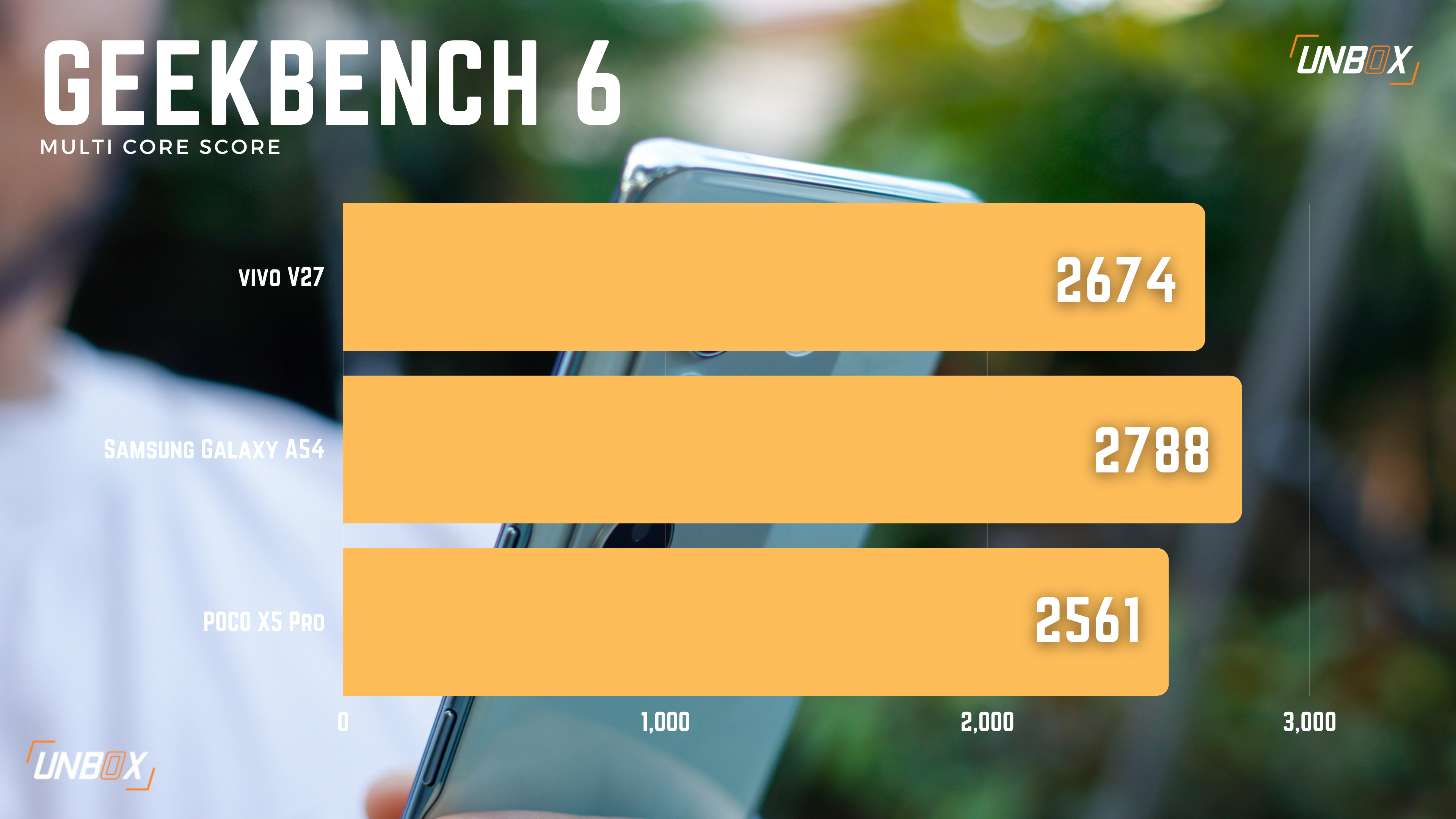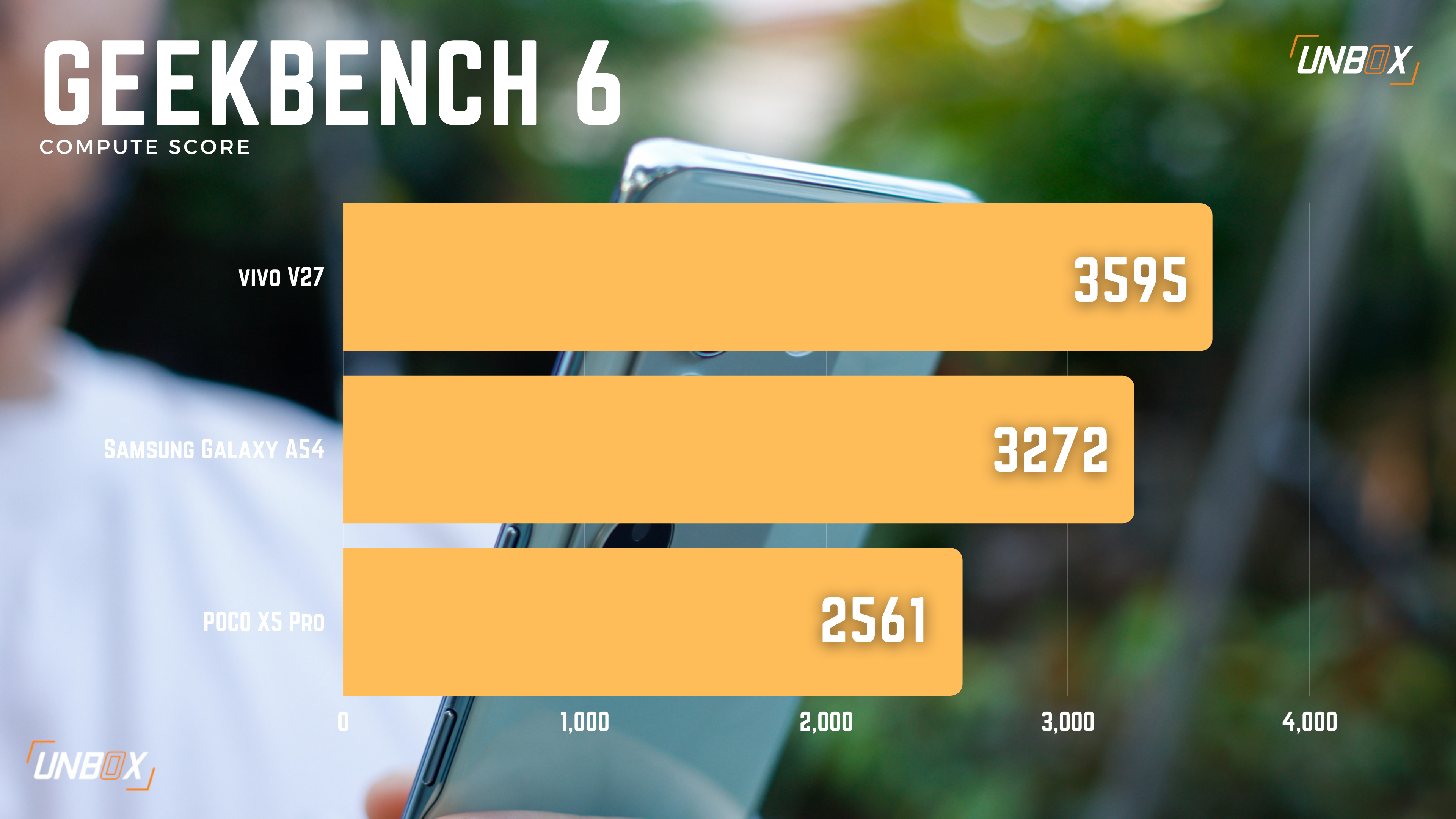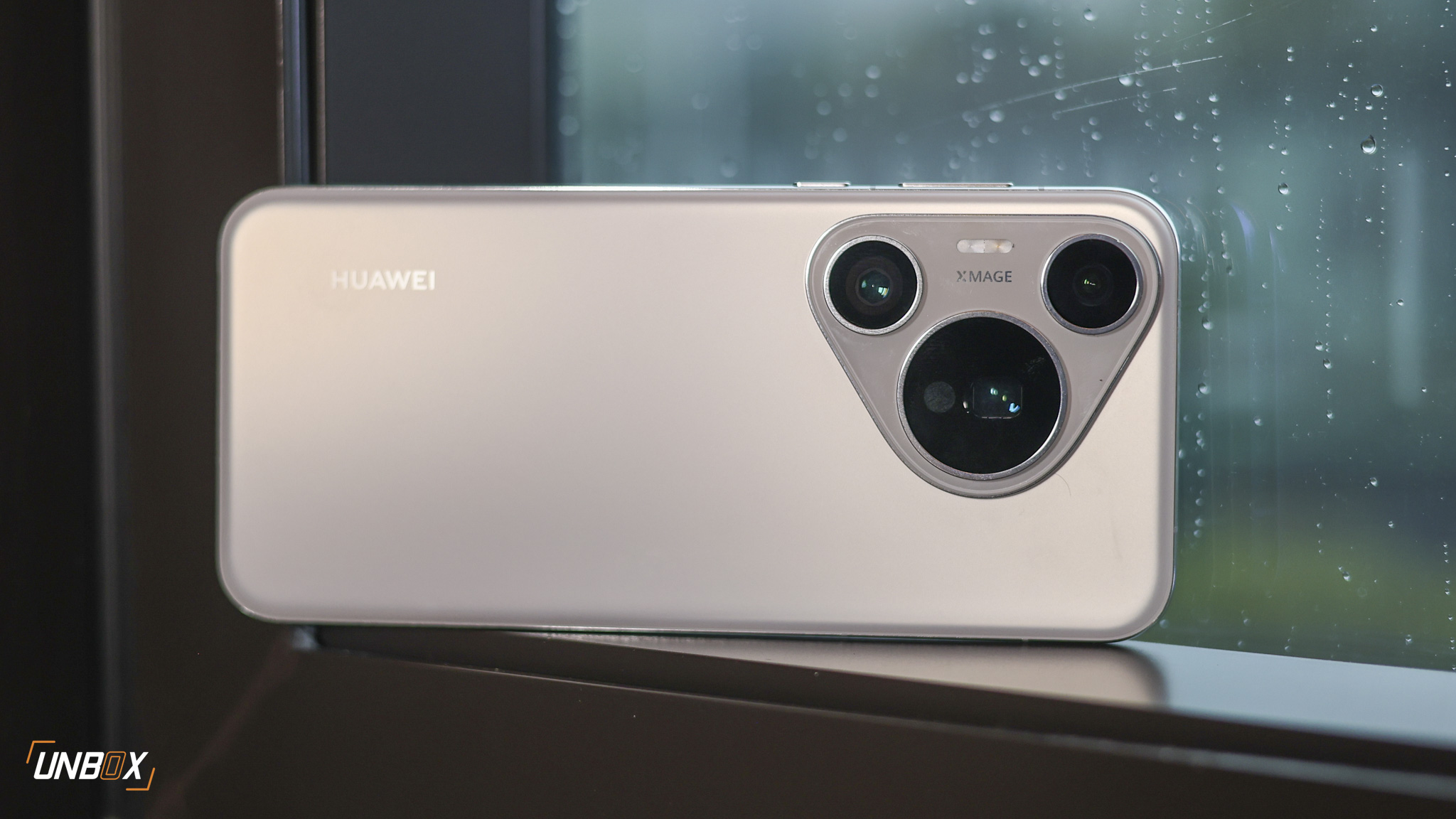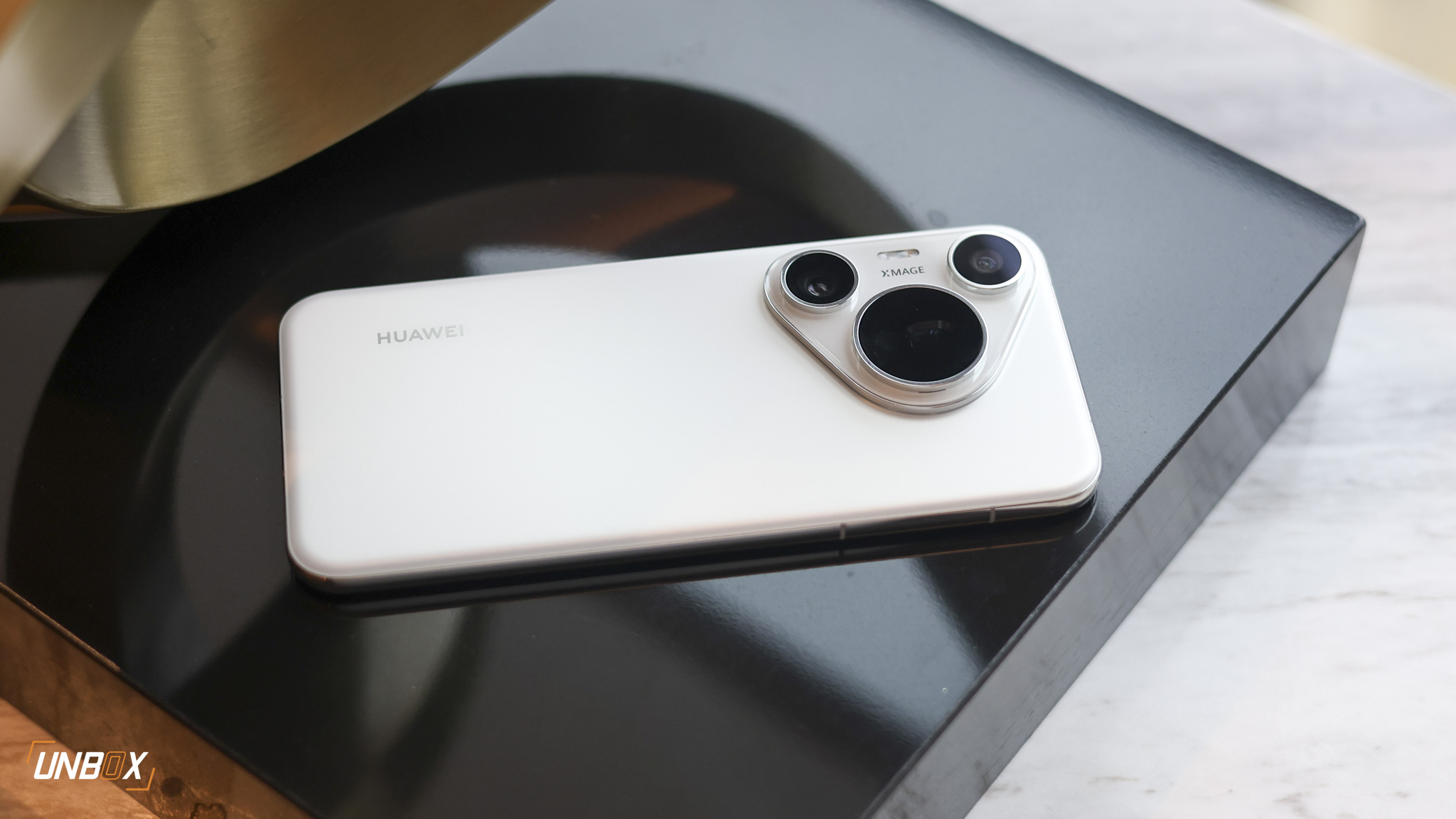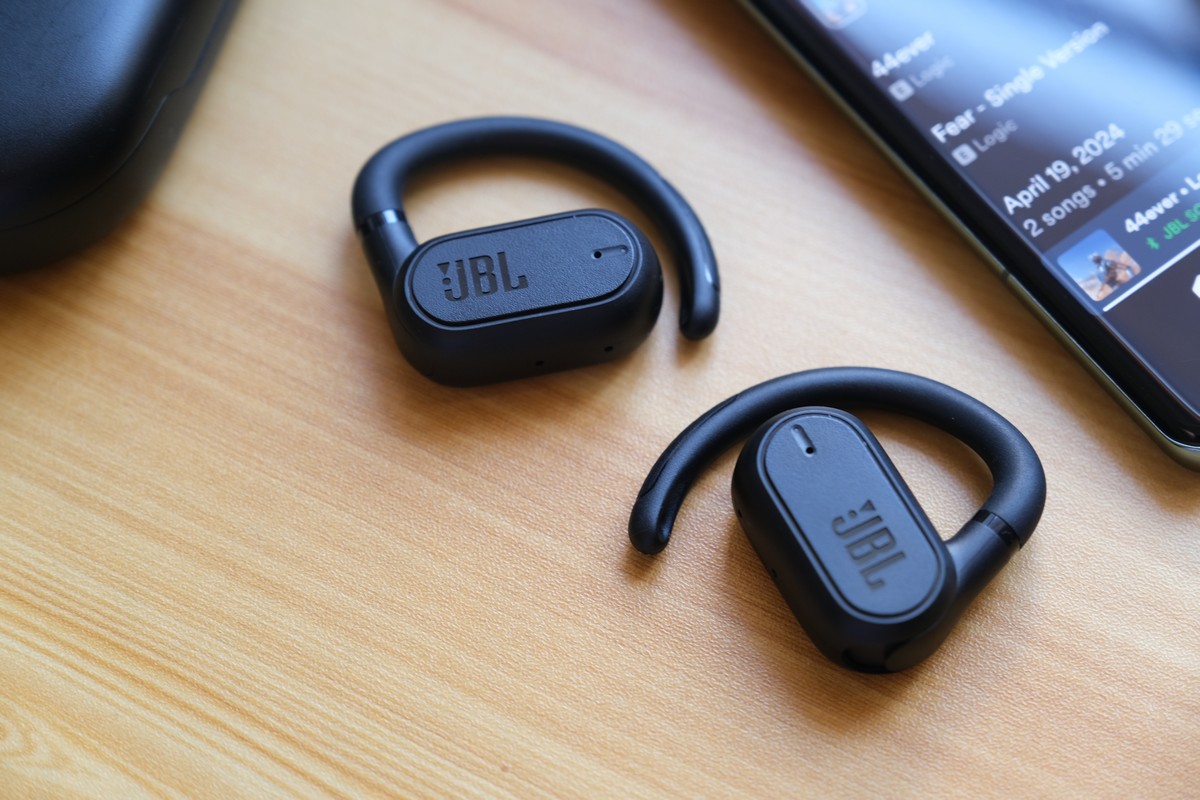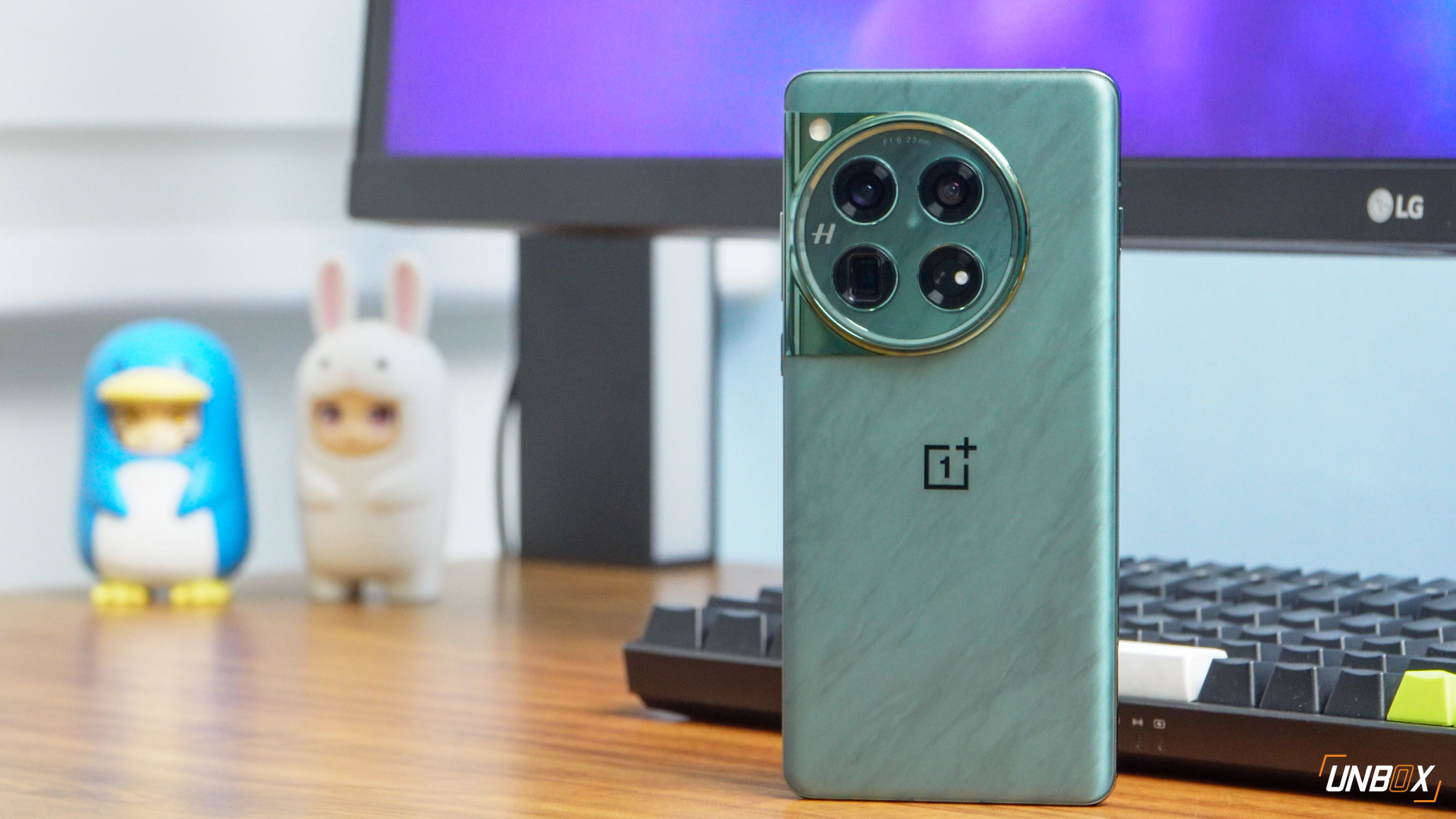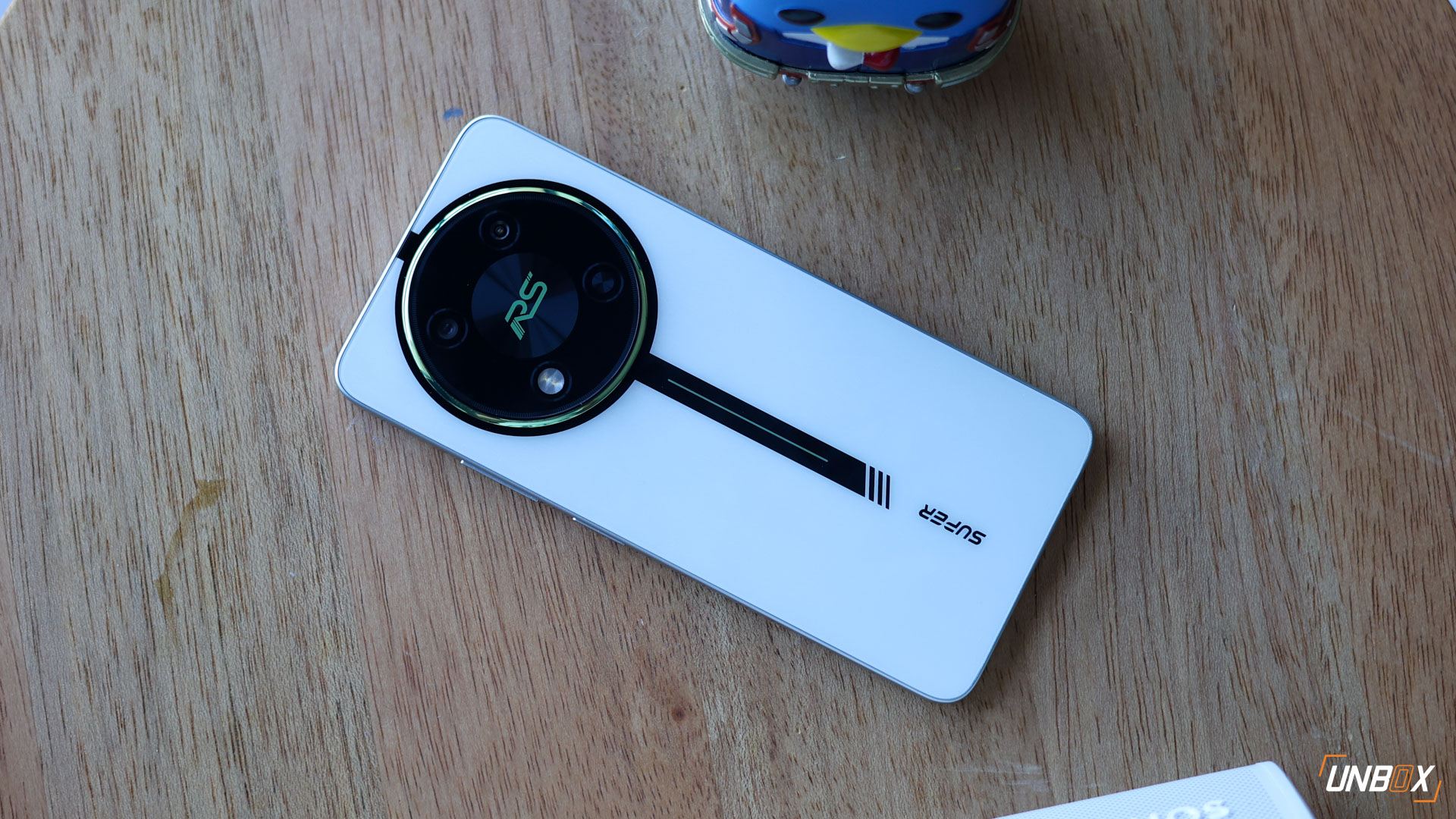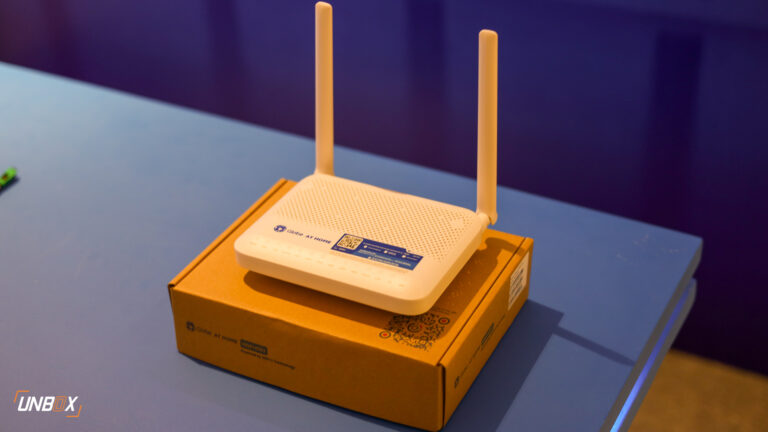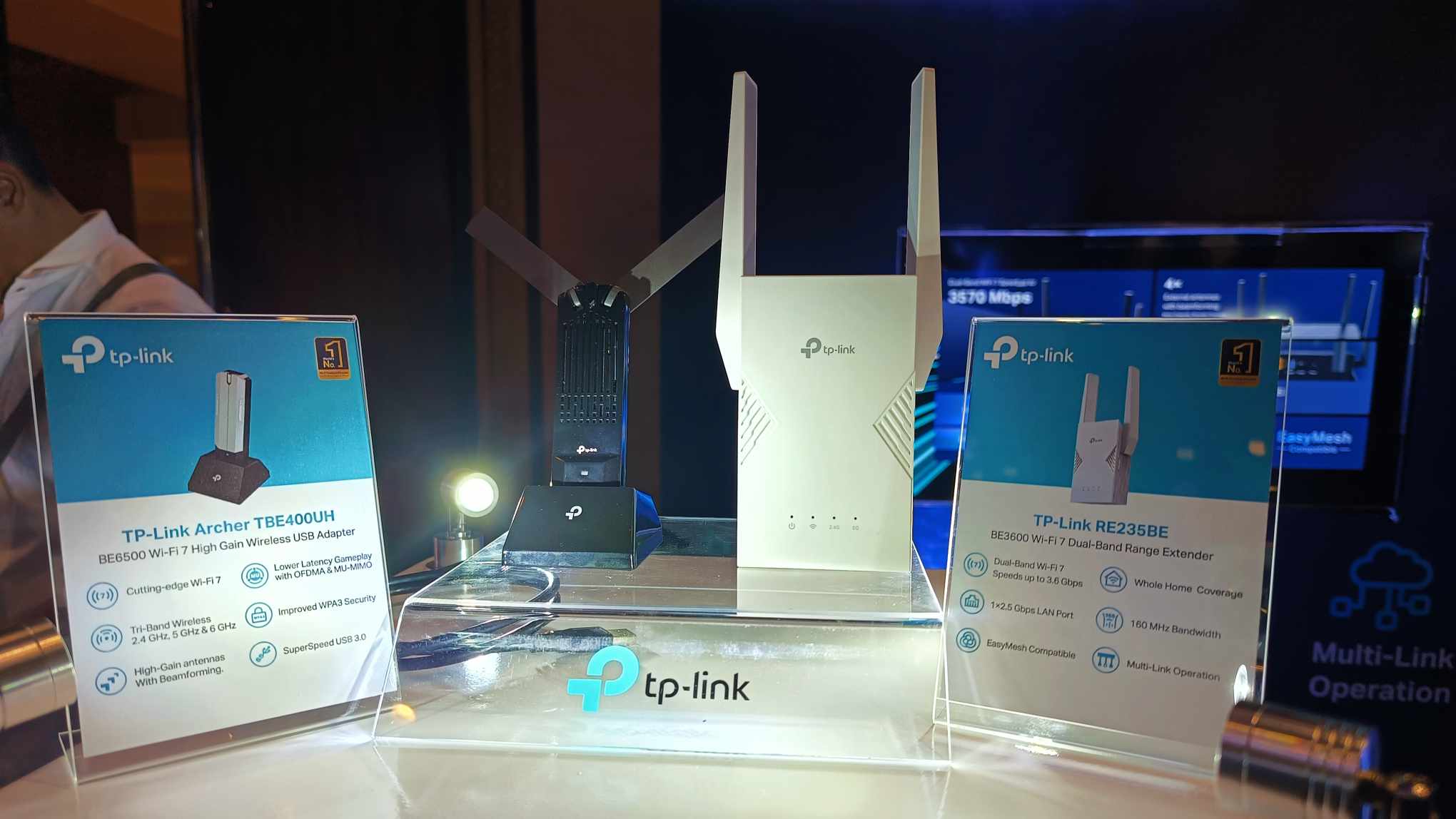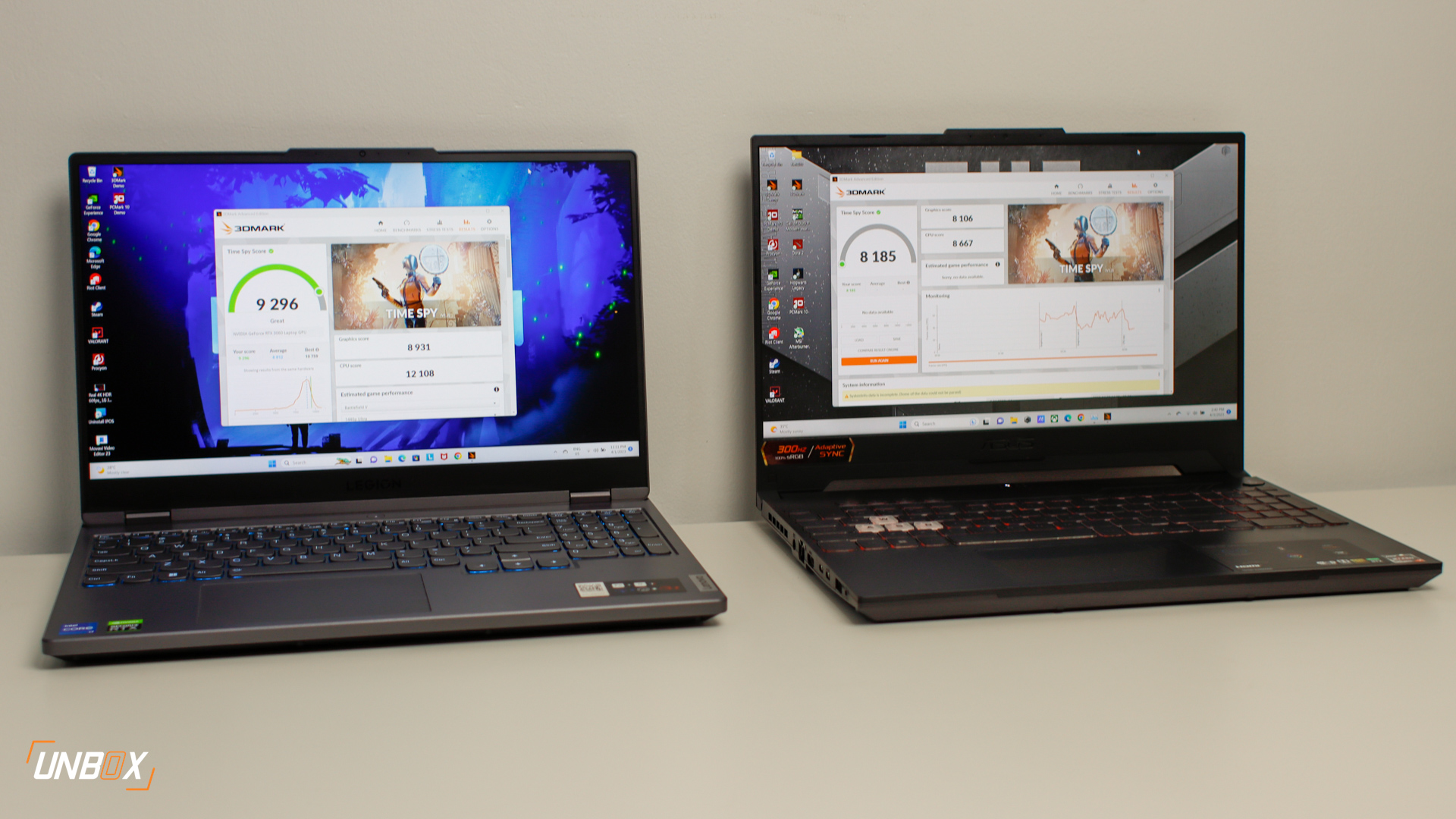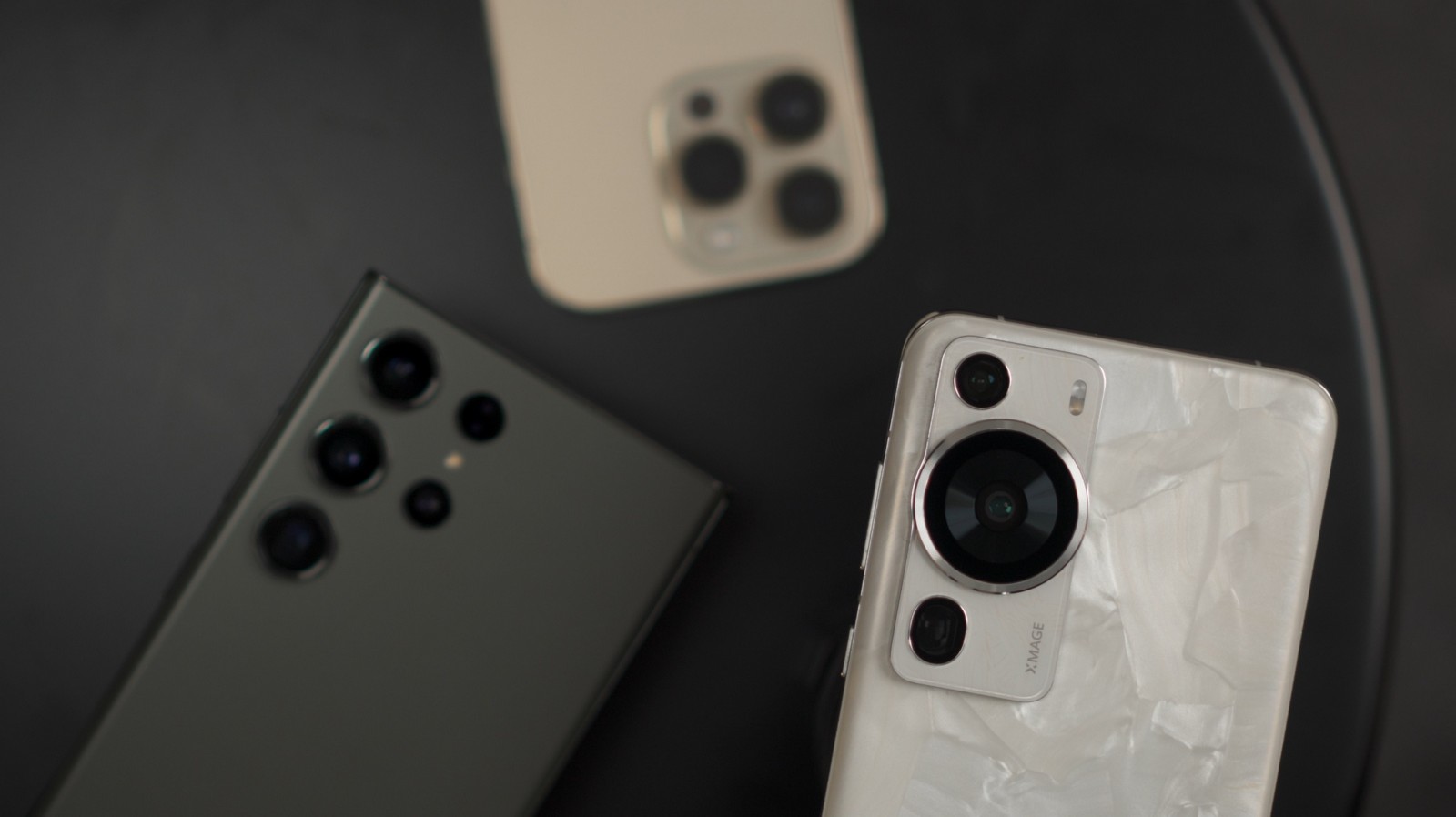With the Galaxy S24 series set to launch on January 17, the burning question is which regions (and models) will get the Snapdragon 8 Gen 3 or Exynos 2400. While we understand the hate for Exynos processors, a recent set of Geekbench results show that the Exynos 2400 is competitive against the Snapdragon 8 Gen 3.
Looking at the Geekbench results, the Exynos 2400 only has a 3% (in multi-core) to 5% (in single-core) performance difference from the Snapdragon 8 Gen 3. This shows that the gap is much closer compared to when comparing the Snapdragon 8 Gen 1 to the Exynos 2200 two years ago.
It’s also worth noting that the one using an Exynos 2400 is presumed to be a Galaxy S24+, while the one using a Snapdragon 8 Gen 3 is a Galaxy S24 Ultra. The bigger size of the latter also means that the Snapdragon chip has higher headroom for performance. You can also factor in the Exynos 2400’s design: Unlike the Snapdragon 8 Gen 3, Samsung opted for lower clock speeds in exchange for a 10-core design, which helps it be roughly at par with Qualcomm’s 2024 flagship chip performance-wise.
Aside from benchmarks, we also want to know how the Exynos 2400’s thermal management compares to the Snapdragon 8 Gen 3. MediaTek’s approach to the Dimensity 9300 showed significant throttling in stress tests, while Apple’s 3nm-based A17 Pro has its fair share of overheating issues.
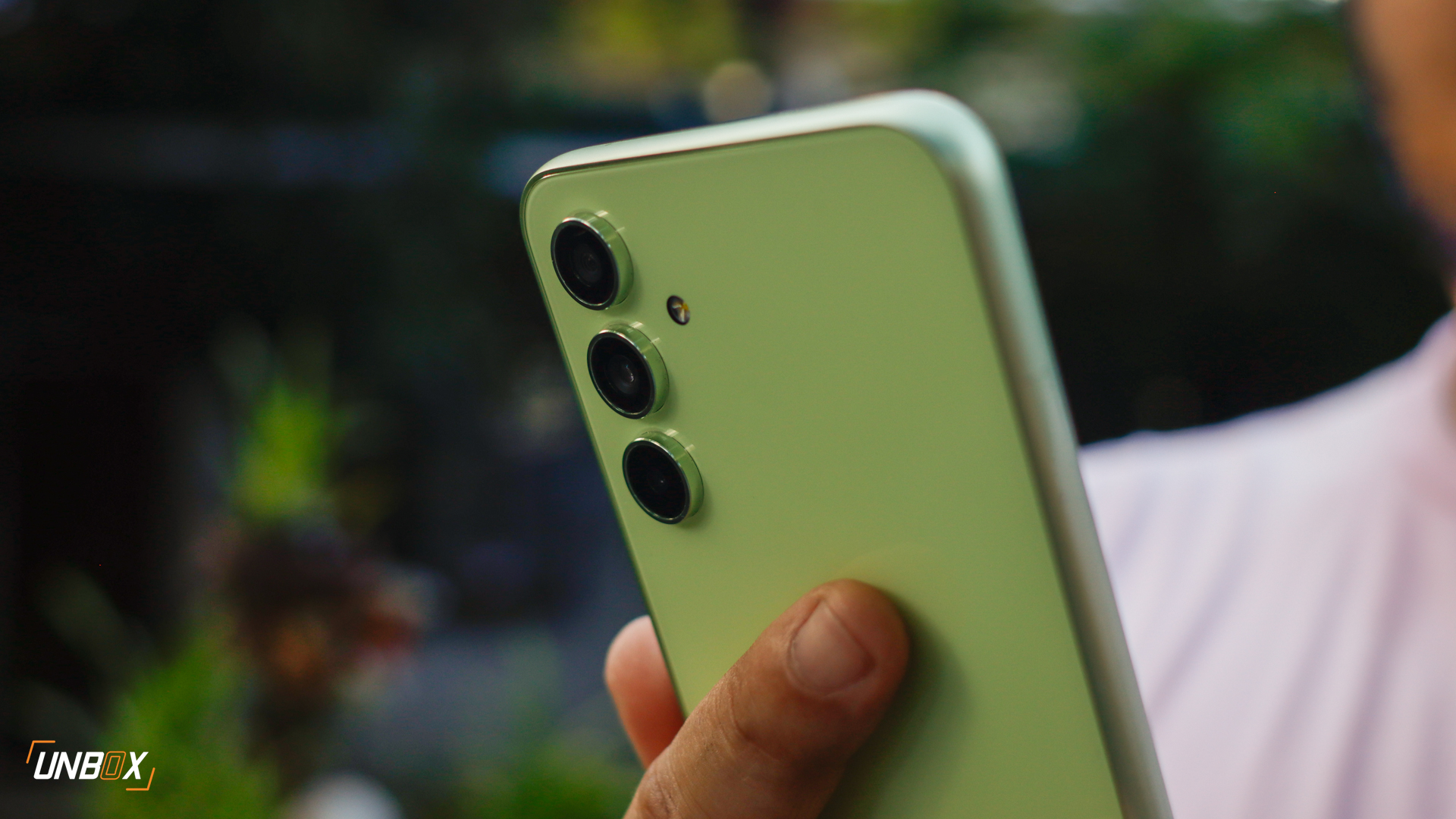
While Geekbench results only tell one part of the story, we can attest that Exynos chips have improved. The Exynos 2300 may not exist, but we got to test the mid-range Exynos 1380 from the Galaxy A54, and the results are not bad.
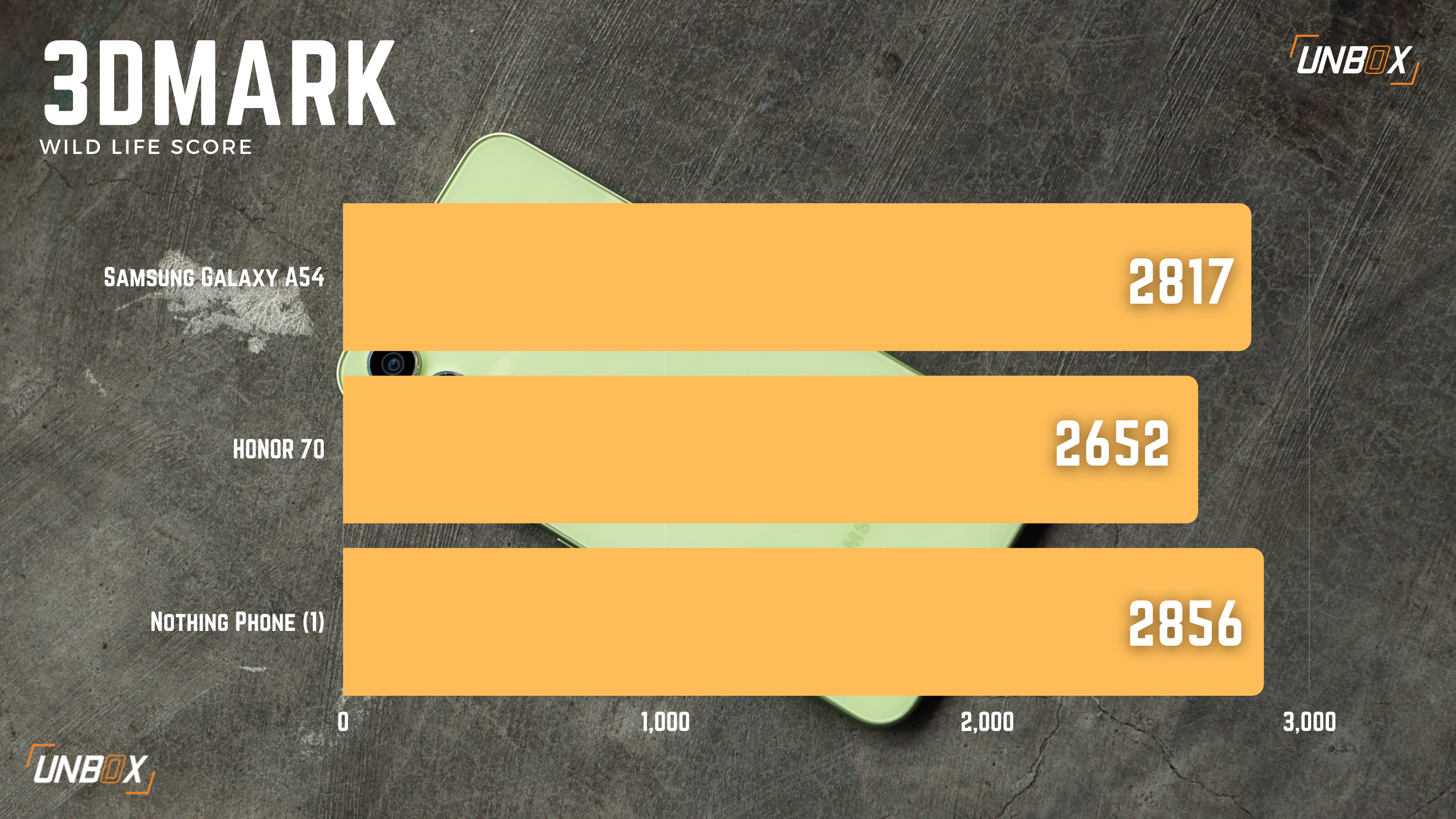
In the GPU tests we did on the Exynos 1380, it proved to be at par with the Snapdragon 778G, a popular mid-range processor in 2023. Even when we put the Exynos 1380 to a brutal stress test of multiple Wild Life benchmark loops, overall temps went up to 37 degrees Celsius–which translates to the Galaxy A54 being slightly warm but still comfortable to hold.
Comparing the Exynos 1380’s Geekbench numbers between the Snapdragon 778G and Dimensity 7200, it’s safe to say that Samsung’s homegrown chips have shown improvements to be competitive against MediaTek and Qualcomm’s offerings.
With the positive results we got from the Exynos 1380, we’re optimistic about what both the Exynos 2400 and Exynos 1480 (that’s rumored to power the Galaxy A55) have to offer against equivalent offerings from Qualcomm and MediaTek. Who knows, 2024 might be the year that Samsung finally redeems the infamous reputation of its Exynos chips.


